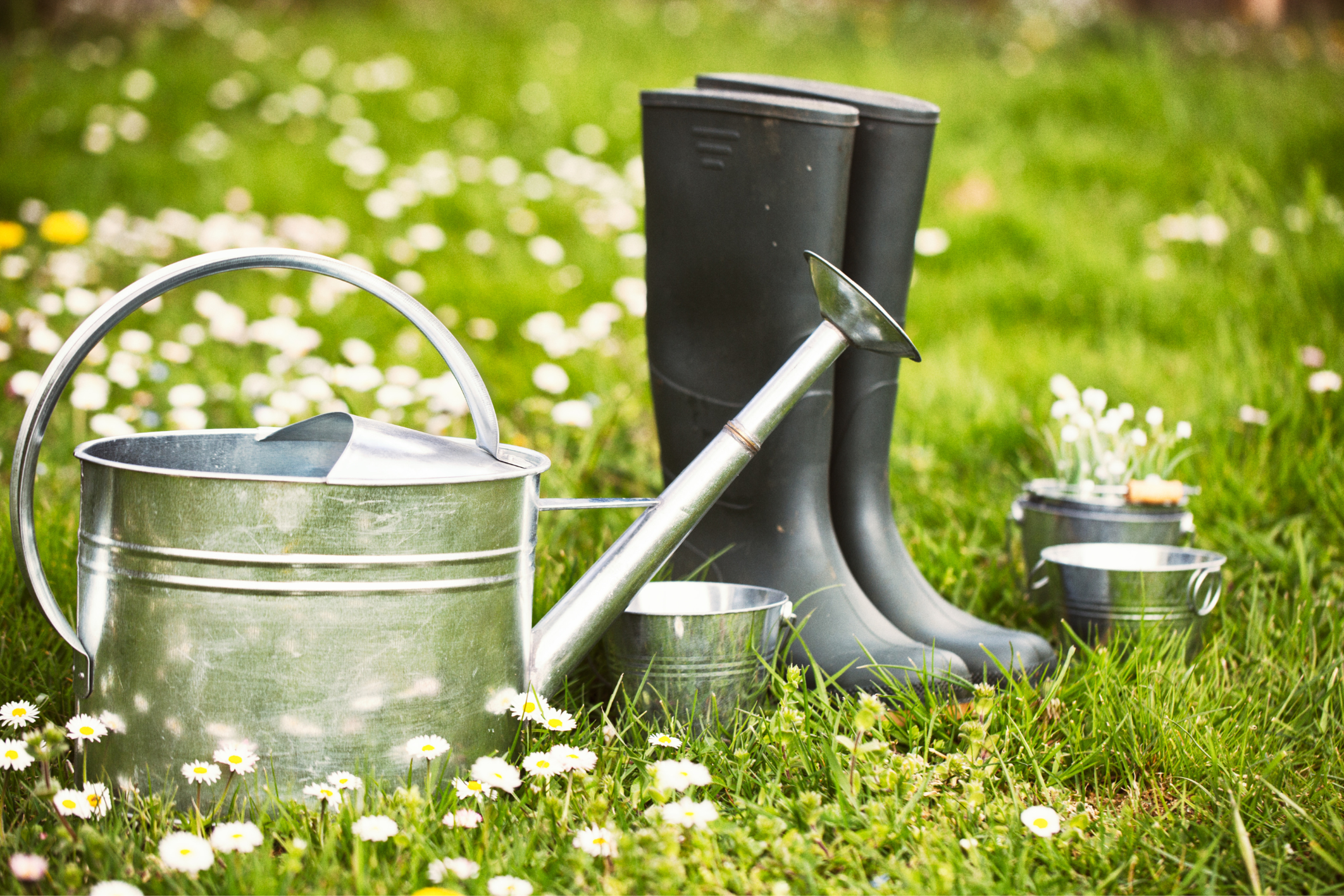Published March 31, 2025
From Frost to Flourish: What to Plant & When

From Frost to Flourish: What to Plant & When
Spring is here, and it’s the perfect time to start your garden! Due to our location, we have a long growing season, which means plenty of time for flowers, vegetables, and herbs. But what should you plant and when? Don’t worry—we’ve got you covered with this simple planting timeline and some easy tips to get started!
Before you grab your trowel and seeds, you need to know which USDA Plant Hardiness Zone you’re in. Your zone helps determine what plants will thrive in your area based on average annual temperatures.
How to Find Your Zone:
- Use the USDA Hardiness Zone Map (available online) and enter your zip code.
- Check local garden centers—they often have guides based on your region.
- Ask neighbors or local gardening clubs for advice on what grows best in your area!
Once you know your zone, you can choose plants that will flourish in your climate
When to Start Planting
Zone 7a and 7b (where PA lives) have two planting waves:
Cool-Season Crops (Late February – March)
These plants love cooler temperatures and should go in first.
Warm-Season Crops (Mid-April – May)
These plants need warm soil and shouldn’t be planted until after the last frost.
What to Plant & When
Timing is everything when it comes to a thriving garden! In Zone 7a, your growing season kicks off in late winter with cool-season crops and gradually warms up for summer’s heavy hitters like tomatoes and melons. Whether you're sowing seeds, transplanting veggies, or filling your yard with vibrant flowers, this simple timeline will keep your garden on track.
Here’s what to plant and when to make the most of your spring and early summer gardening!
February – March (Cool-Season Crops & Hardy Herbs)
- Veggies: Lettuce, spinach, kale, peas, carrots, radishes, broccoli
- Herbs: Parsley, cilantro, chives
- Flowers: Pansies, violas, daffodils
Mid-March – Early April (More Cool Crops & Seed Starting)
- Veggies: Potatoes, asparagus, fennel
- Flowers: Snapdragons, alyssum
- Start Indoors: Tomatoes, peppers, basil (they need warmth to grow!)
Mid-April – Early May (Warm-Season Crops & Transplants)
- Transplant: Tomatoes, peppers, eggplant, basil
- Direct Sow: Beans, corn, cucumbers, squash, melons
- Flowers: Marigolds, zinnias, cosmos
Mid-May (Full Summer Planting!)
- Veggies: Sweet potatoes, watermelon, cantaloupe
Beginner Gardening
Tips
Start small – Pick 3-5 easy plants and expand later.
Choose a sunny spot – Most veggies need 6-8 hours of sun.
Water in the morning – Helps roots grow deep and strong.
Use mulch – Keeps the soil moist and weeds away.
Companion plant – Tomatoes love basil, and marigolds keep bugs off veggies!
FAQ
Do I have to start seeds indoors, or can I plant everything directly in the ground?
Not everything needs to be started indoors, but some plants do better when given a head start inside before moving outdoors. If starting seeds indoors, keep them by a sunny window or under a grow light and transplant them after the last frost
How often should I water my garden?
A good rule of thumb is to water deeply but less often to encourage strong root growth. Adding mulch around your plants helps keep the soil moist longer and reduces the need for frequent watering. Water every 3-4 days in early spring, reduce to 1-2 times per week in late spring and summer (about 1 inch per week), and always water in the morning to help plants absorb moisture before the heat sets in.
Can I Plant Flower Bulbs in Spring, or Is It Too Late?
Yes, you can plant bulbs in spring, but it depends on the type of flower you want to grow. Most spring-blooming bulbs (like tulips and daffodils) need to be planted in fall so they can experience winter’s cold temperatures, which trigger blooming. However, there are plenty of summer-blooming bulbs you can plant in spring that will thrive!





